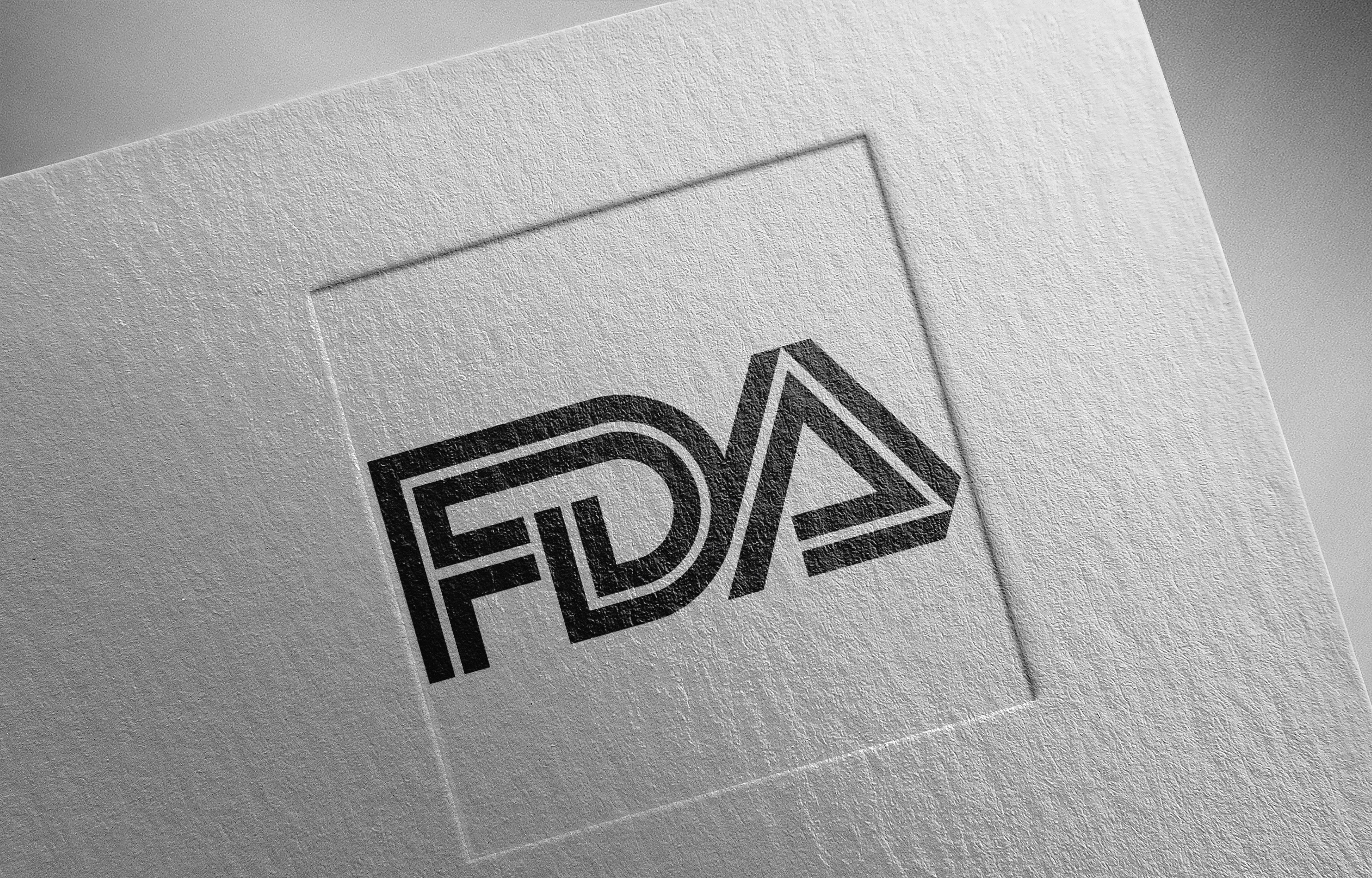FDA: Update on neonatal incubators and potential airborne chemical exposure
New neonatal incubators from Drager and certain GE Healthcare incubators do not need to be run for a week prior to clinical use, according to a healthcare provider update from the FDA.
FDA: Update on neonatal incubators and potential airborne chemical exposure | Image Credit: © Araki Illustrations - © Araki Illustrations - stock.adobe.com.

The FDA is updating providers on the potential exposure to airborne chemicals that could be released from neonatal incubators, in an ongoing evaluation with incubator manufacturers.
According to a January 2024 update from the FDA, the agency determined that new neonatal incubators by Drager (or Draeger) do not need to be run for a week prior to clinical use. In tests of newly manufactured neonatal incubators, no concerning levels of airborne chemicals were found.
Additionally, as updated in October 2023, select GE Healthcare neonatal incubators do not need to run before use.
The most recent update follows the federal agency’s initial information press release that was sent February 23, 2023, informing health care professionals and facilities about the potential exposure to airborne chemicals.
Since, the FDA has been evaluating published literature that reported elevated levels of cyclohexanone, formaldehyde, and other volatile chemicals, according to the press release. It was determined that the reported information was inadequate to assess the potential exposure and risk to newborns and health care providers that could be released from the incubators.
The federal agency deemed further testing and analysis was needed to determine potential risk of exposure of airborne chemicals. Exposure to elevated levels of formaldehyde or cyclohexanone could lead to neurological impairment or respiratory issues such as decreased lung function, asthma, inflammation, or irritation.
In October 2023, the FDA updated providers on GE HealthCare Giraffe OmniBed Carestations and Giraffe Incubator Carestations, noting that those received before September 5, 2023, that have not been put into clinical use, should be assembled with all components and run for a week prior to clinical use.
These incubators that were purchased after September 5, 2023, do not need to be run for a week prior to clinical use, as GE HealthCare implemented “a process to reduce the levels of formaldehyde from new neonatal incubators before distribution,” according to the FDA.
The agency continues to work with manufacturers and external stakeholders to conduct more testing for airborne chemicals to further evaluate the issue.
The following recommendations, courtesy of the FDA, are still in effect except for the previously mentioned Drager and GE Healthcare incubators.
The FDA recommends:
- Continue to use neonatal incubators. The FDA recognizes that incubators are critical for neonates (infants less than four weeks old) that cannot maintain their body temperature.
- Be aware that the FDA is working with manufacturers to understand the potential for exposure to airborne chemicals (formaldehyde, cyclohexanone, and other volatile chemicals) that may be released from neonatal incubators, potential health risks, and mitigation strategies, if needed. Remain alert for further updates and recommendations from the FDA and neonatal incubator manufacturers.
- Review your current plan for proper air ventilation in neonatal settings.
- While the FDA further evaluates this issue, as an interim precautionary measure, consider running new neonatal incubators prior to use with patients for a week in a well-ventilated space using clinically relevant conditions for temperature and humidity, as the release of these airborne chemicals may decline over time.
The agency encourages health care providers to report suspected adverse events associated with any medical device. Voluntary reports can be submitted through MedWatch: The FDA Safety Information and Adverse Event Reporting program.
Reference:
Evaluation of airborne chemicals from neonatal incubators – letter to helath care providers. FDA. Press release. Updated January 3, 2024. Accessed January 3, 2024. https://www.fda.gov/medical-devices/letters-health-care-providers/evaluation-airborne-chemicals-neonatal-incubators-letter-health-care-providers?utm_source=CDRHTwitterD#GEHealthcare
Newsletter
Access practical, evidence-based guidance to support better care for our youngest patients. Join our email list for the latest clinical updates.